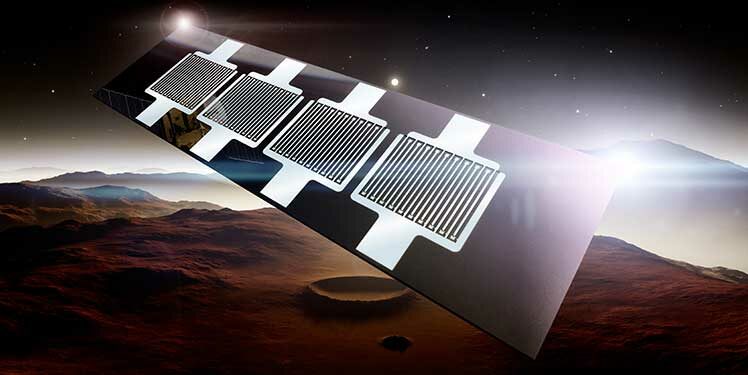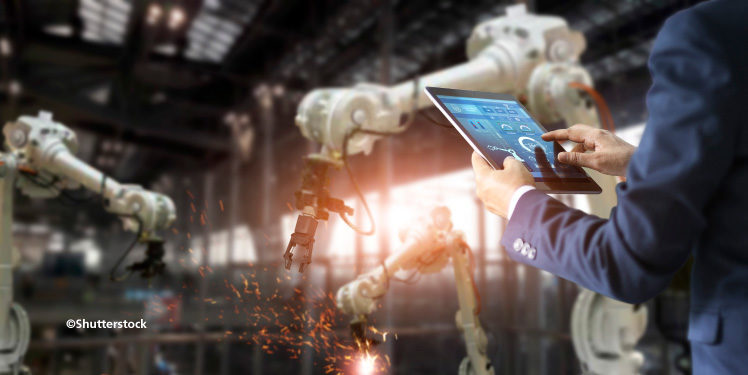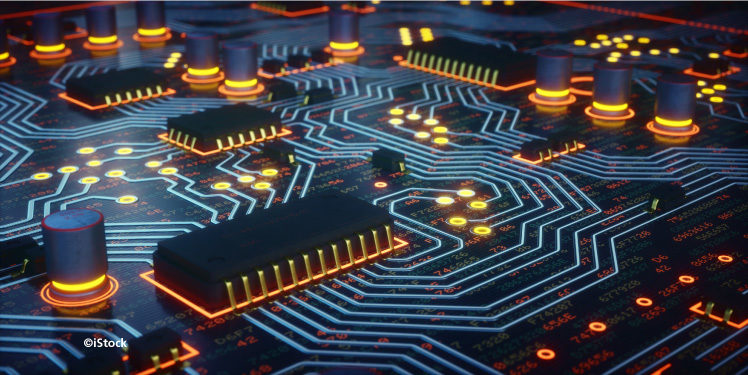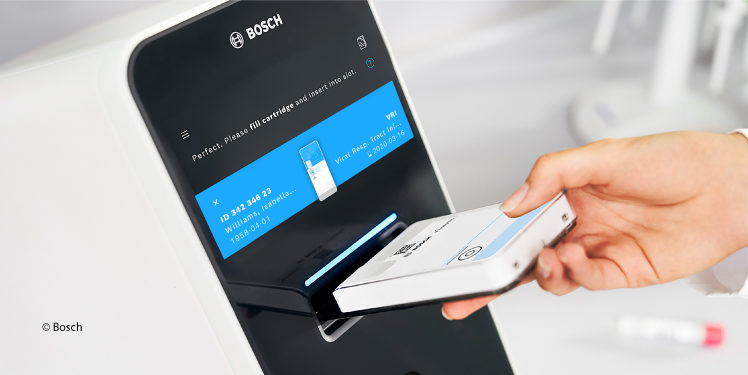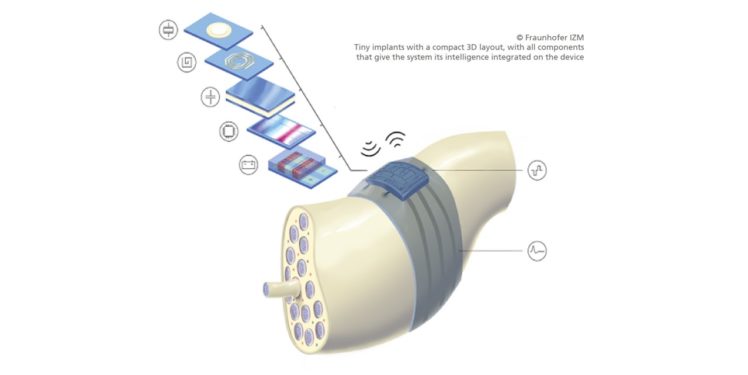Space Electronics – Fit for Orbit!
The Outer Space Treaty of 1967 stipulates that every nation enjoys free access to space. For the last 20 years, more and more nations have been launching commercial projects in space. Private spaceflight companies are planning to use micro and…

